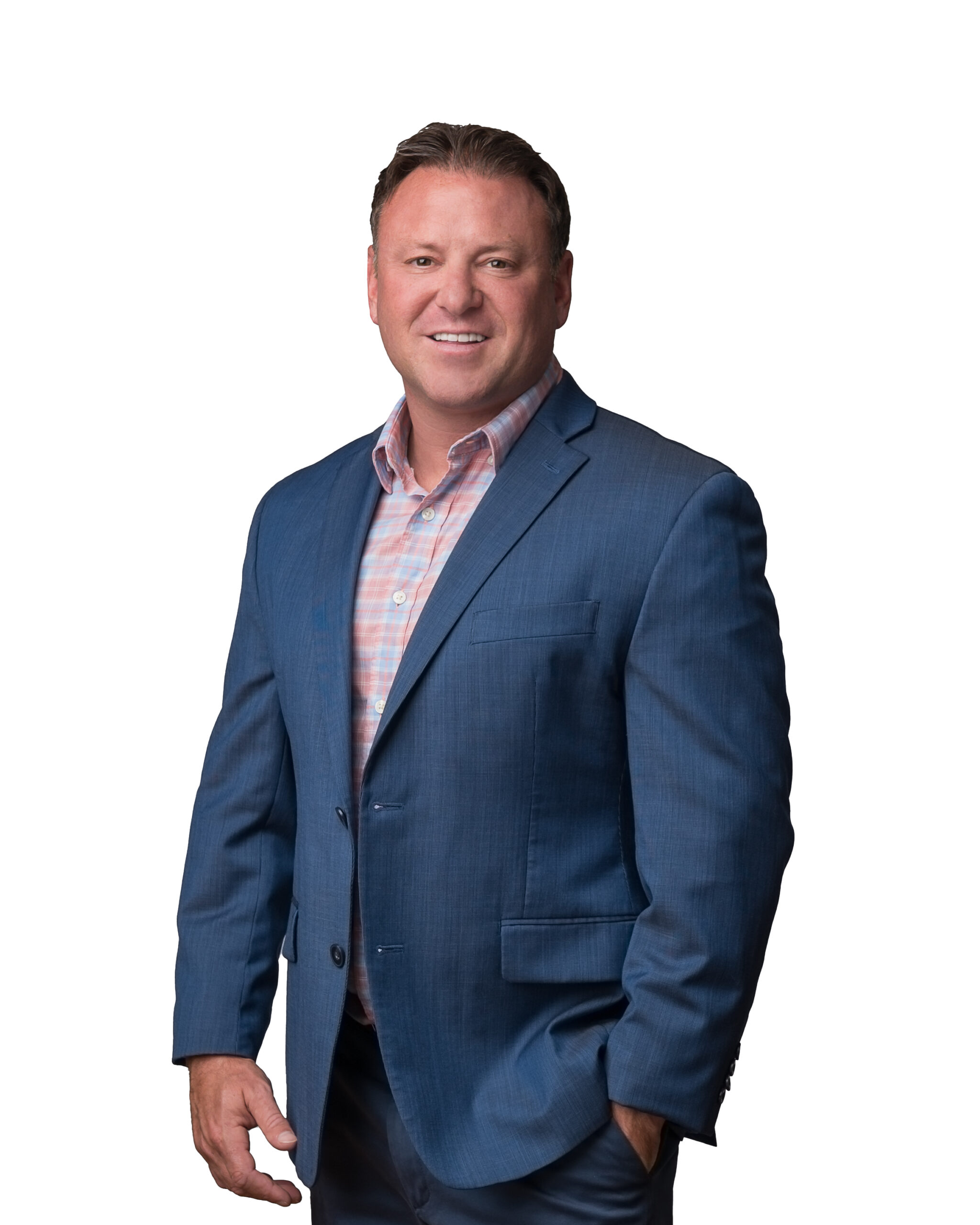
Today’s Client: Navigating the Complexities of Mental Health and Substance Use Disorders
Information
Recorded
-
-
Location
-
Marina Park Community Center
1600 West Balboa Boulevard
Newport Beach, CA 92663
Learning Objectives
Participants will be able to:
-
Describe 3 characteristics of the “addictive brain.”
-
Identify 2 general patterns of active addiction.
-
Explain how one makes decisions while actively using psychoactive substances or are experiencing an active mental health crisis.
-
Explain 2 strategies to effectively communicate and promote healing with individuals who are actively using substances.
-
Define complex co-occurring disorder and explain how to identify individuals with complex co-occurring disorders.
-
Describe how to best create a treatment plan including considerations for the client both inside and outside of treatment.
Educational Goal
The educational goal of this workshop is to increase knowledge of mental health and substance use disorders, specifically around individuals who are unwilling to seek treatment for their conditions.
Description
Target Audience
- Counselor
- Marriage & Family Therapist
- Psychologist
- Social Worker
- Substance Use Disorder Professionals
Presenters

Drew Horowitz brings vast expertise in working with and overseeing clinical teams. He gained a wealth of knowledge through his recovery, extensive training, and a master’s level education from the Hazelden Betty Ford Foundation’s Graduate School of Addiction Studies. Drew did his undergraduate degree at Hofstra University in NY, where he focused on psychology and human development. Drew also became a Licensed Professional Clinical Counselor capable of diagnosing and providing mental health treatment. Within his decade-plus of experience in the field, he has worked with many populations, providing consultation, intervention, coaching, and counseling. Drew is most well-known for his mastery in conducting clinical interventions. Over the past several years, Drew has gained significant experience traveling the country and internationally to assist individuals accessing treatment. The intervention process, according to Drew, must be done with compassion, empathy, and a strong understanding of the pain individuals are experiencing while active in addiction. A background and training in motivational interviewing, cognitive behavioral therapy, and client-centered care shaped Drew’s intervention and coaching style.
Financially Sponsored By
- Ocean Recovery